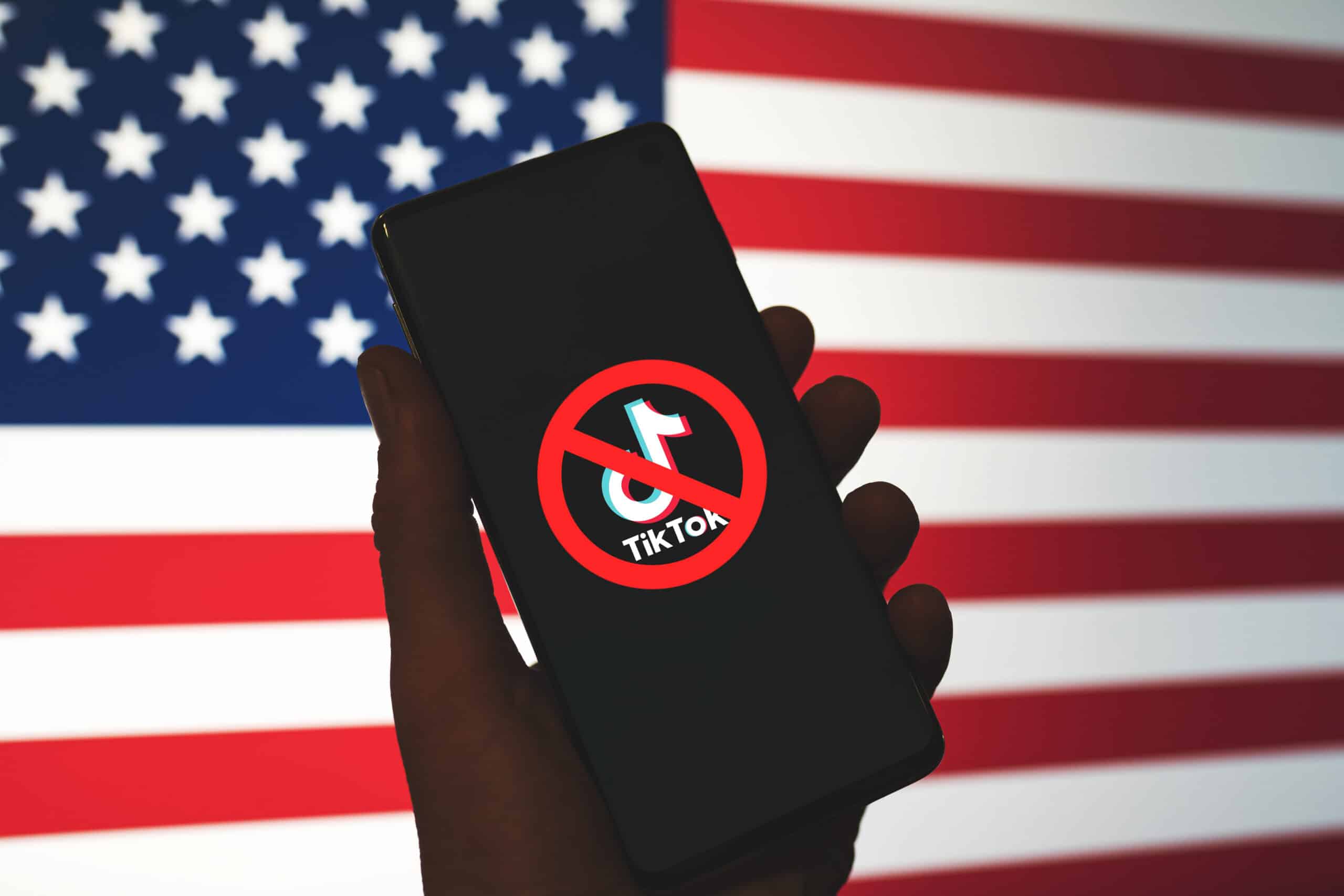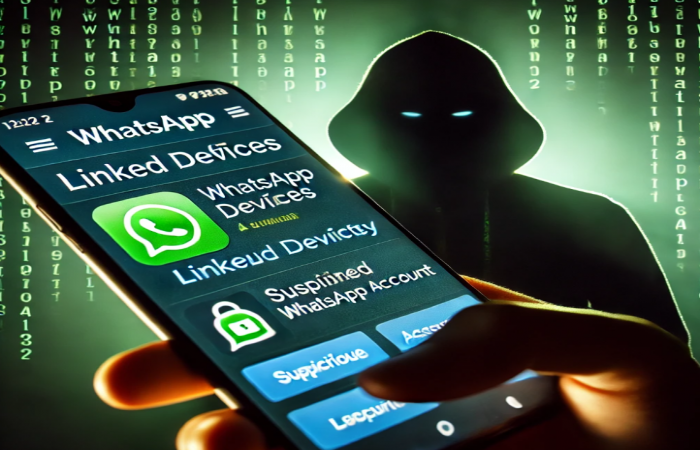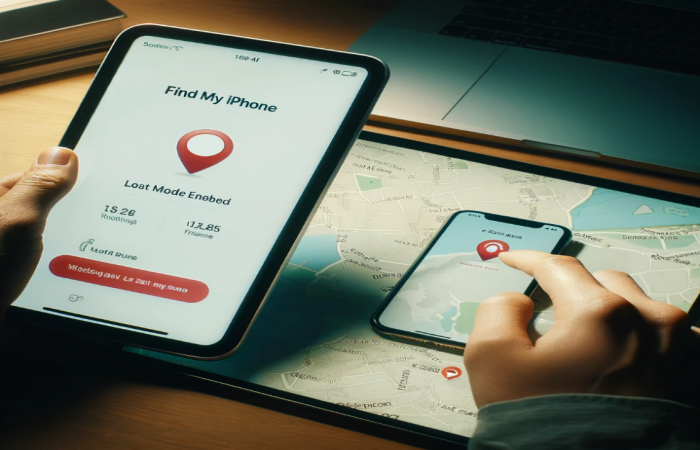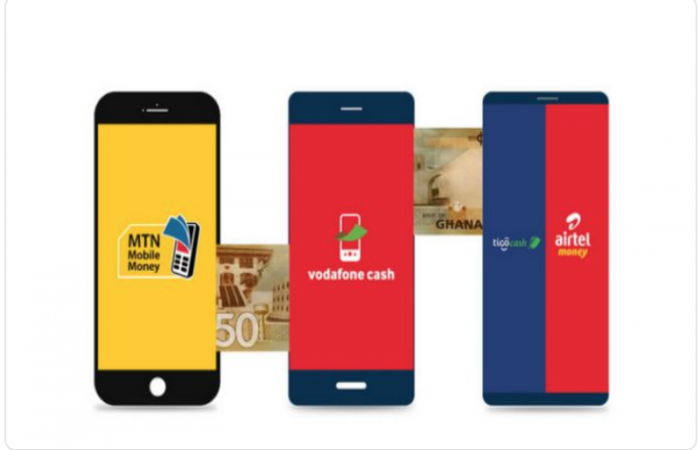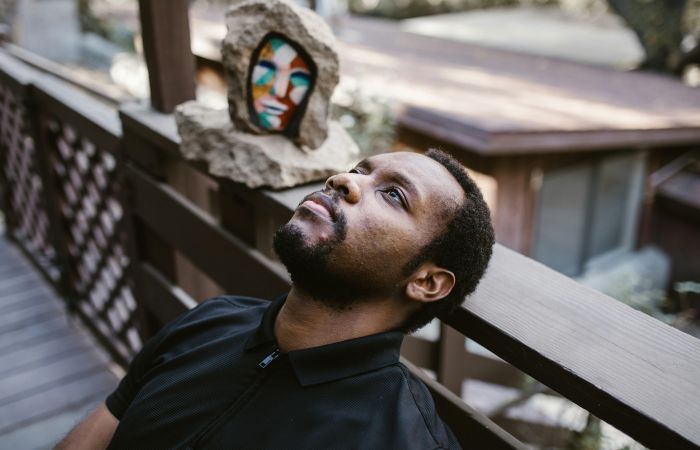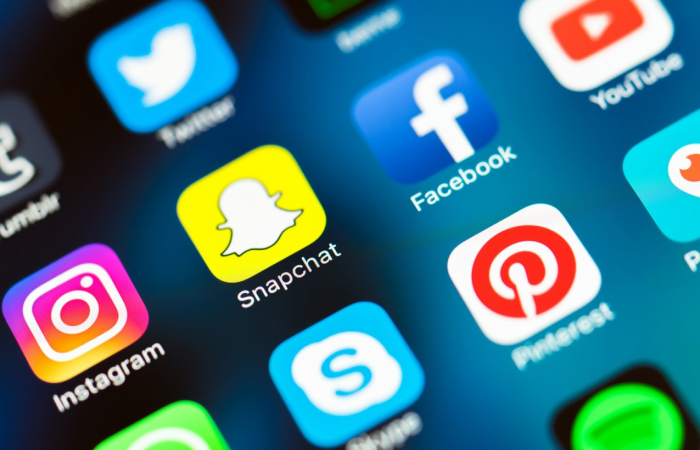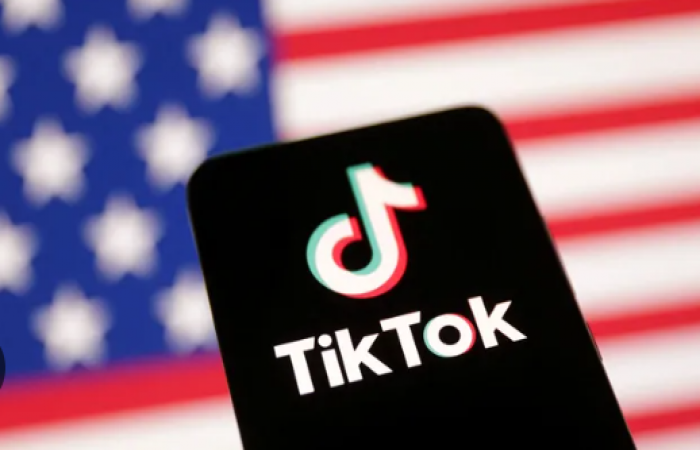
Why the Ban of TikTok in the US?
In the mid-2020s, the debate surrounding the popular social media app TikTok reached a boiling point in the United States. With over 100 million users in the country alone, the app had transformed into a cultural juggernaut, reshaping everything from entertainment to advertising. However, the app's success also invited growing concerns, leading to its eventual ban in the United States. This is the story of how and why TikTok, a platform known for viral dance trends and catchy memes, found itself at the center of a geopolitical storm.
TikTok, owned by the Chinese tech company ByteDance, was launched internationally in 2016, but it gained massive popularity in the United States after merging with the American app Musical.ly in 2018. By 2020, TikTok had exploded in popularity, especially among young users, and became a key player in the social media landscape. Short, engaging videos fueled by sophisticated algorithms made it an irresistible platform for content creators and advertisers.
However, TikTok’s rapid rise was accompanied by questions about its ownership and data practices. As a Chinese company, ByteDance faced heightened scrutiny from various governments, particularly the United States. Accusations began to swirl that TikTok could be using its platform to harvest user data, including sensitive information like location, contacts, and browsing habits. This concern wasn’t limited to individual privacy; the fear was that such data could be handed over to the Chinese government due to the country’s strict data laws and surveillance practices.
The real turning point in the TikTok saga began with national security concerns. By 2019 and 2020, the Trump administration, under the banner of protecting American citizens' data, began to scrutinize TikTok heavily. The U.S. government argued that TikTok's data collection practices could pose a serious risk to national security. TikTok, like many other social media platforms, collected an immense amount of data from users. Critics feared that this data could be used for surveillance or even manipulation, giving the Chinese government unprecedented access to the personal habits and preferences of millions of Americans.
The crux of the issue lay in China's unique legal environment, where companies are legally compelled to share data with the government if requested. TikTok vehemently denied these allegations, asserting that its data storage practices were fully compliant with U.S. laws and that it had never shared user data with the Chinese government. However, the perception of a threat lingered.
As the U.S. government weighed potential actions against TikTok, the political ramifications became clear. The move to ban TikTok wasn’t just about national security — it also became part of the broader geopolitical struggle between the U.S. and China. The U.S. government had already initiated a broader campaign to curb Chinese tech influence through various measures, including tariffs, restrictions on Chinese tech companies like Huawei, and calls for greater scrutiny of Chinese-owned businesses operating on American soil.
In the midst of this tension, President Trump issued an executive order in 2020 that would effectively ban TikTok unless ByteDance sold its U.S. operations to an American company. The order cited national security concerns, but critics argued that it also reflected a desire to limit China’s growing influence in the global tech industry. ByteDance pushed back, arguing that its operations were independent of the Chinese government and had no influence over the app’s content or user data.
The proposed sale of TikTok to an American company, including talks with tech giants like Microsoft and Oracle, became a political spectacle. Despite multiple rounds of negotiations and several twists and turns, the deal never materialized. TikTok’s future in the U.S. remained in limbo, as legal challenges and executive orders created a chaotic and uncertain environment.

By 2025, the rhetoric surrounding TikTok had escalated into a full-blown diplomatic and technological clash. A new U.S. administration, taking a hardline stance on Chinese tech, made the decision to fully ban TikTok across the country. The rationale? Even with reassurances, the risk posed by TikTok’s data practices could not be entirely mitigated, especially with growing fears over digital sovereignty and cyber warfare.
The ban was not merely a matter of taking down an app from app stores. The U.S. government pushed for a comprehensive strategy to dismantle the app’s operations, including a shutdown of its servers and the removal of any TikTok-related infrastructure in the country. TikTok was accused of being an "information weapon" in the global information war between the U.S. and China, with the potential to influence public opinion, elections, and even social stability.
Once TikTok was banned, the app's American users faced a sudden loss of access to their beloved platform. Content creators scrambled to find new homes for their videos, with many migrating to alternative platforms like Instagram Reels, YouTube Shorts, or new startups attempting to capitalize on TikTok's void. But the fallout was much larger than just a domestic issue — TikTok’s ban sent shockwaves through the global tech ecosystem.
Internationally, countries that had been following the U.S. lead began to re-evaluate their own positions on TikTok. Some nations, particularly in Europe, doubled down on regulatory measures to protect their citizens' data, while others continued to push for international agreements on data privacy. The global tech community wrestled with the question of how to balance national security with the free flow of information, the protection of privacy, and the need for global cooperation in the digital age.
In the end, TikTok’s ban in the U.S. was not simply about one app. It symbolized the intersection of technology, politics, and national security in an increasingly interconnected world. While TikTok's future in the U.S. had been decisively cut short, its legacy continued to shape the way nations and tech companies would navigate the complexities of digital sovereignty, data security, and global power in the 21st century.
Despite the ban, TikTok's influence remained. Many of its viral trends lived on, carried over by other platforms. Meanwhile, the gap left by TikTok’s absence allowed for new platforms to emerge, each vying to fill the void and offer something uniquely suited to the digital landscape of the future. But as these new apps rose to prominence, the lessons learned from the TikTok saga — about data, security, and geopolitics — would continue to inform the tech industry’s next chapter.
